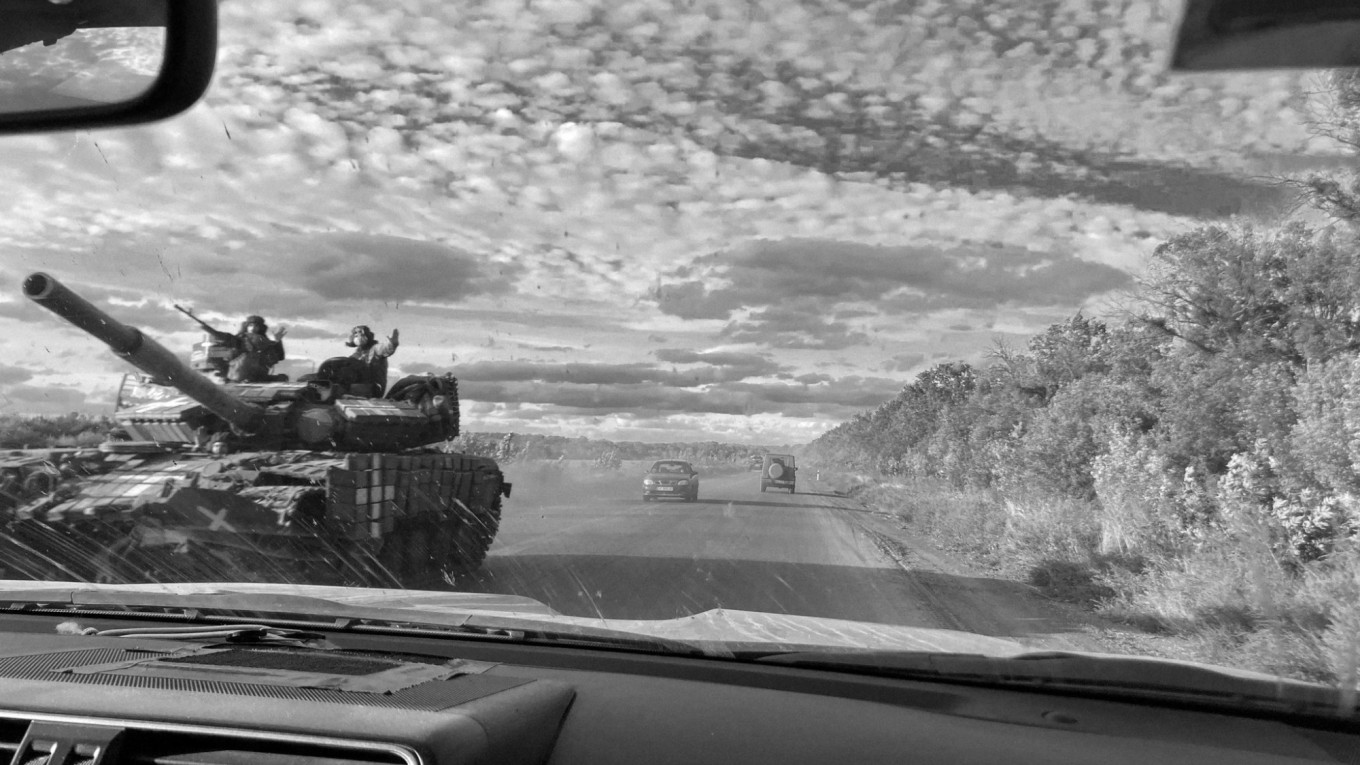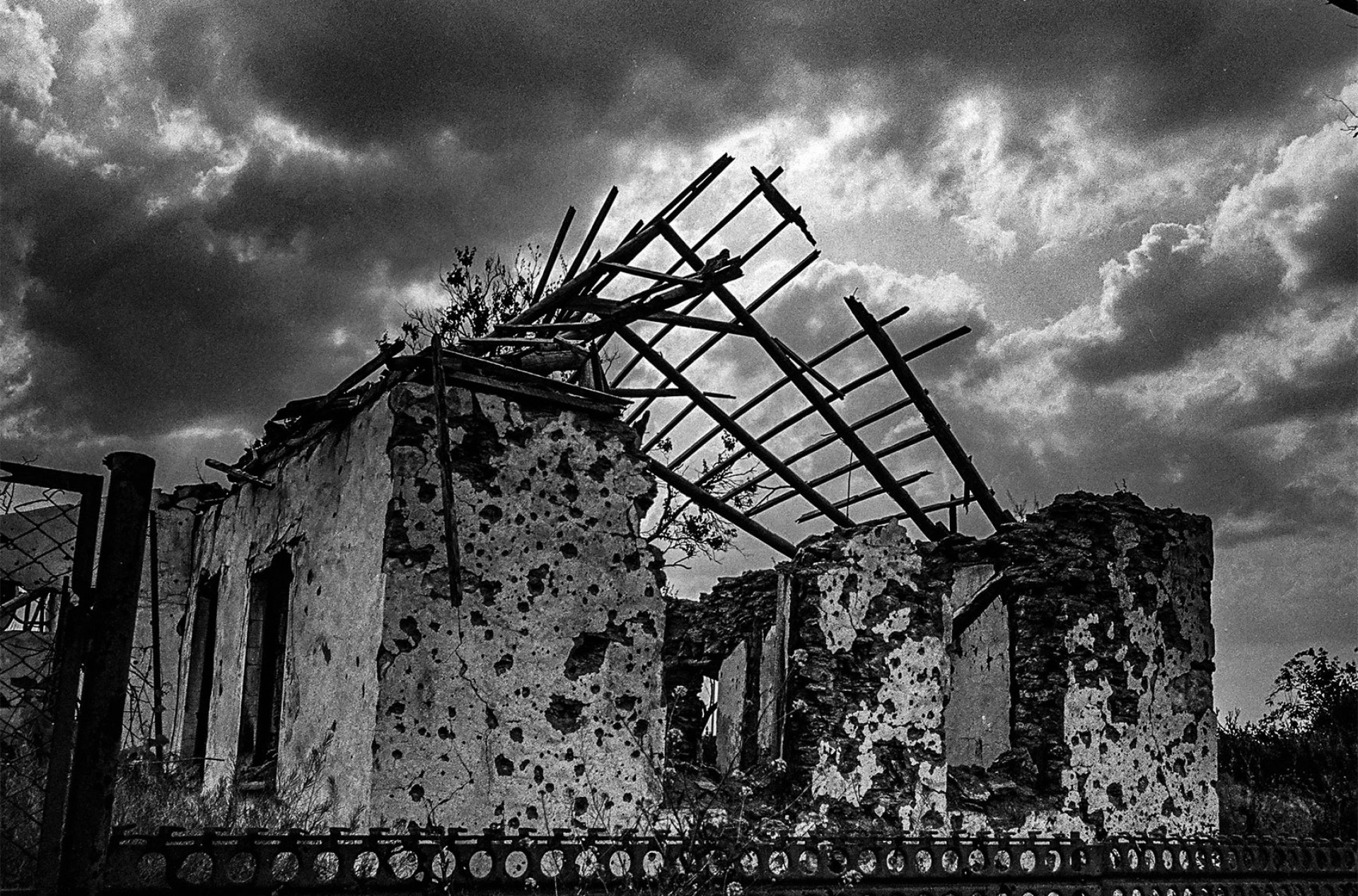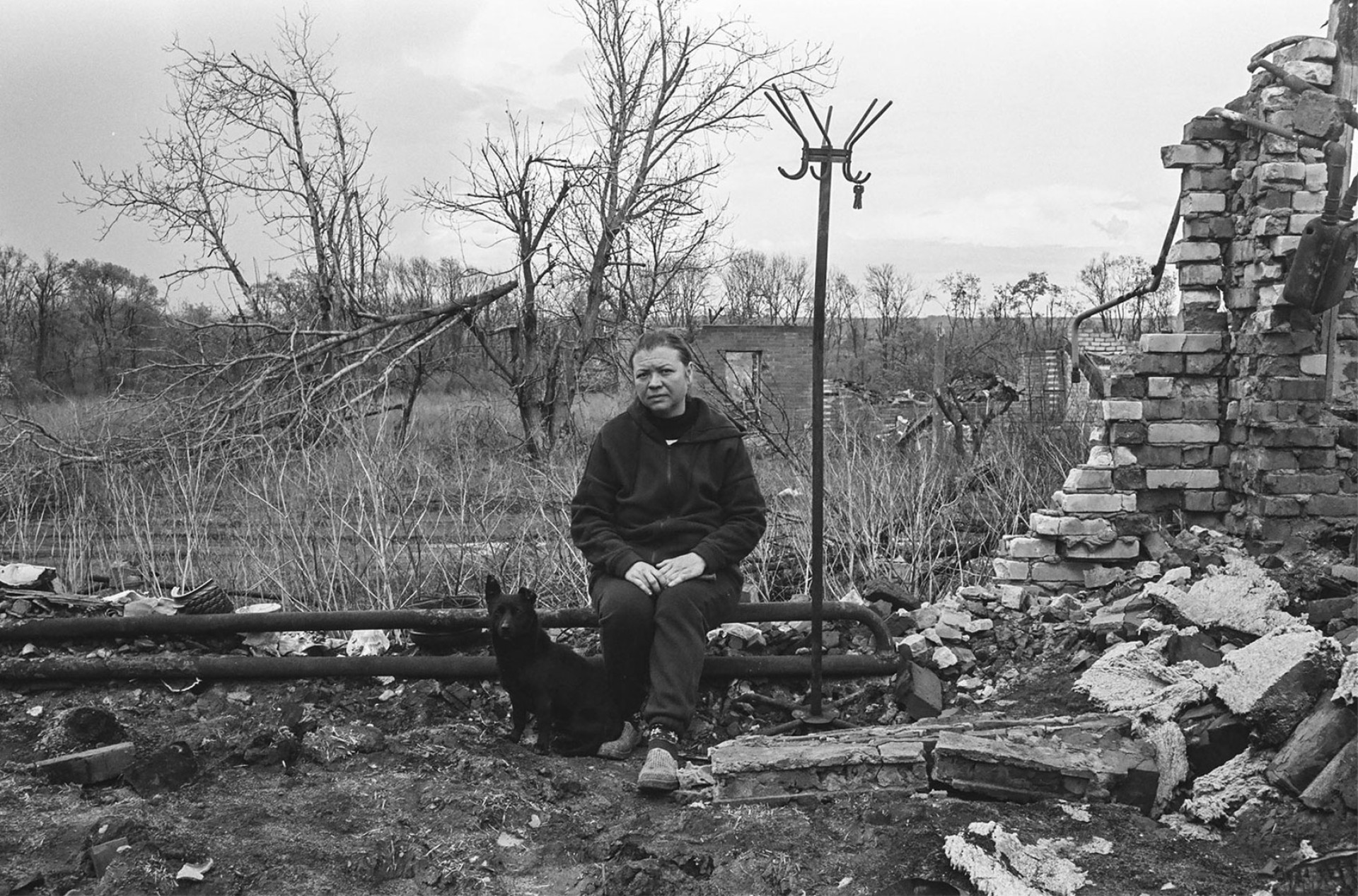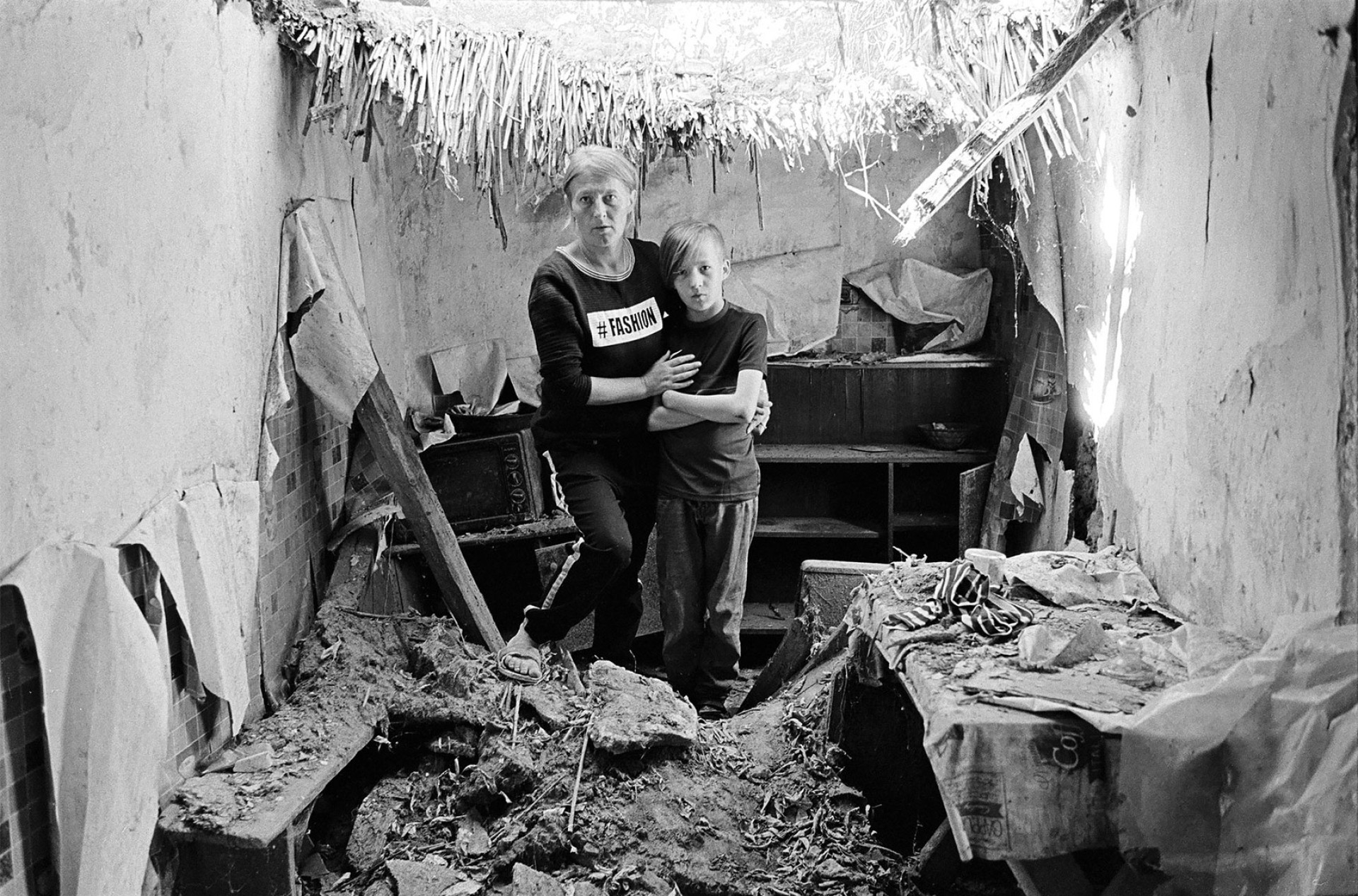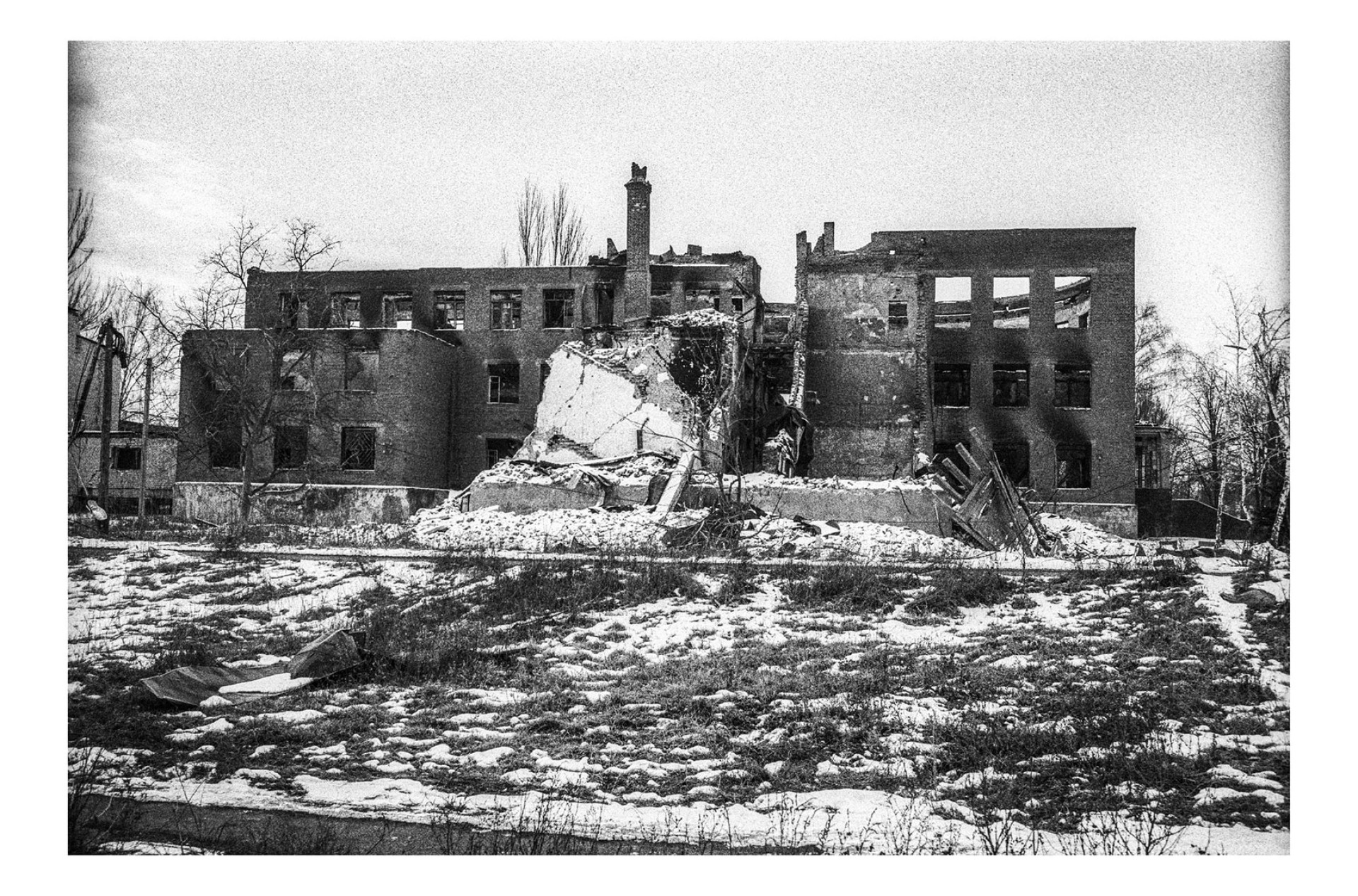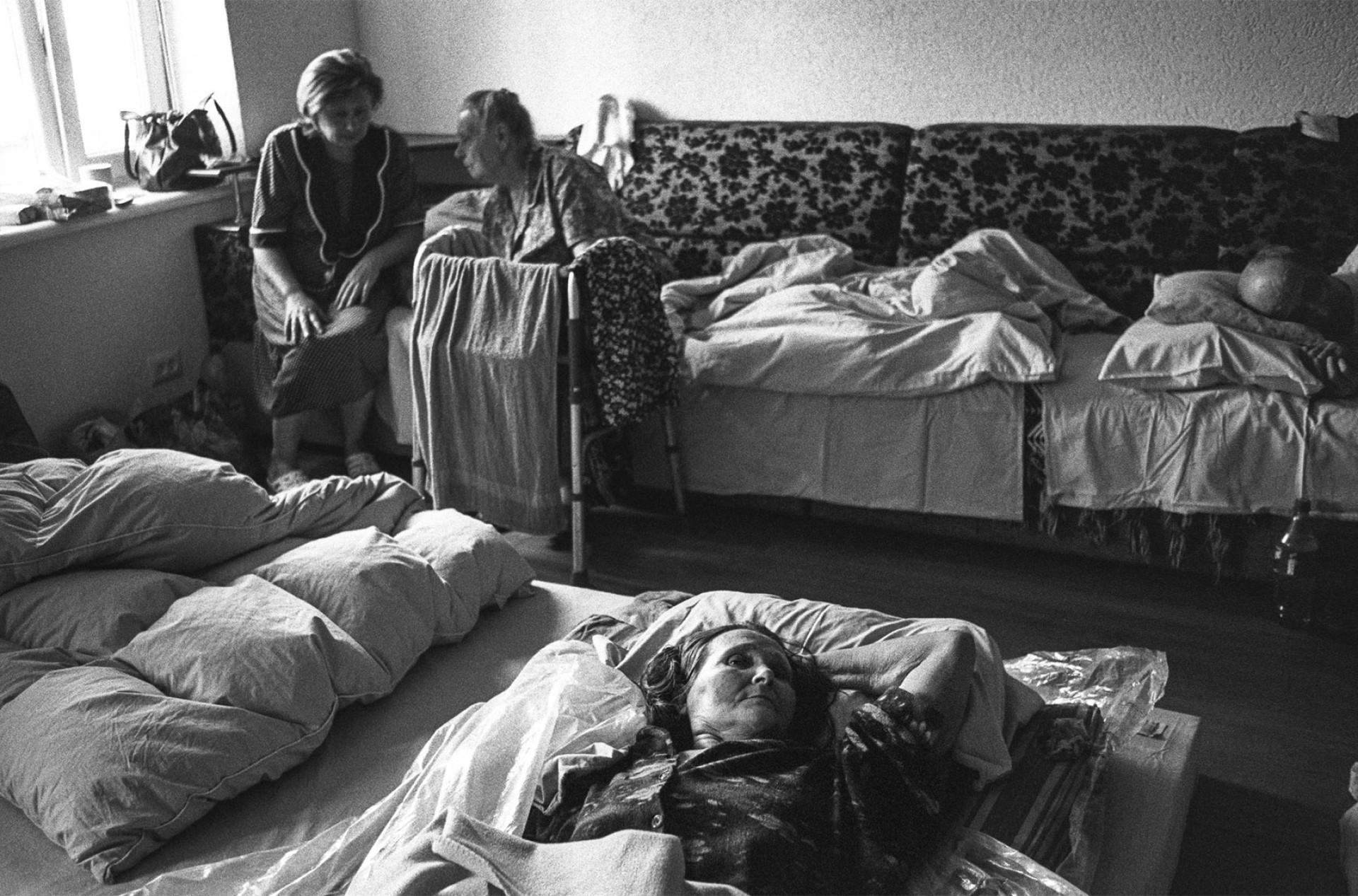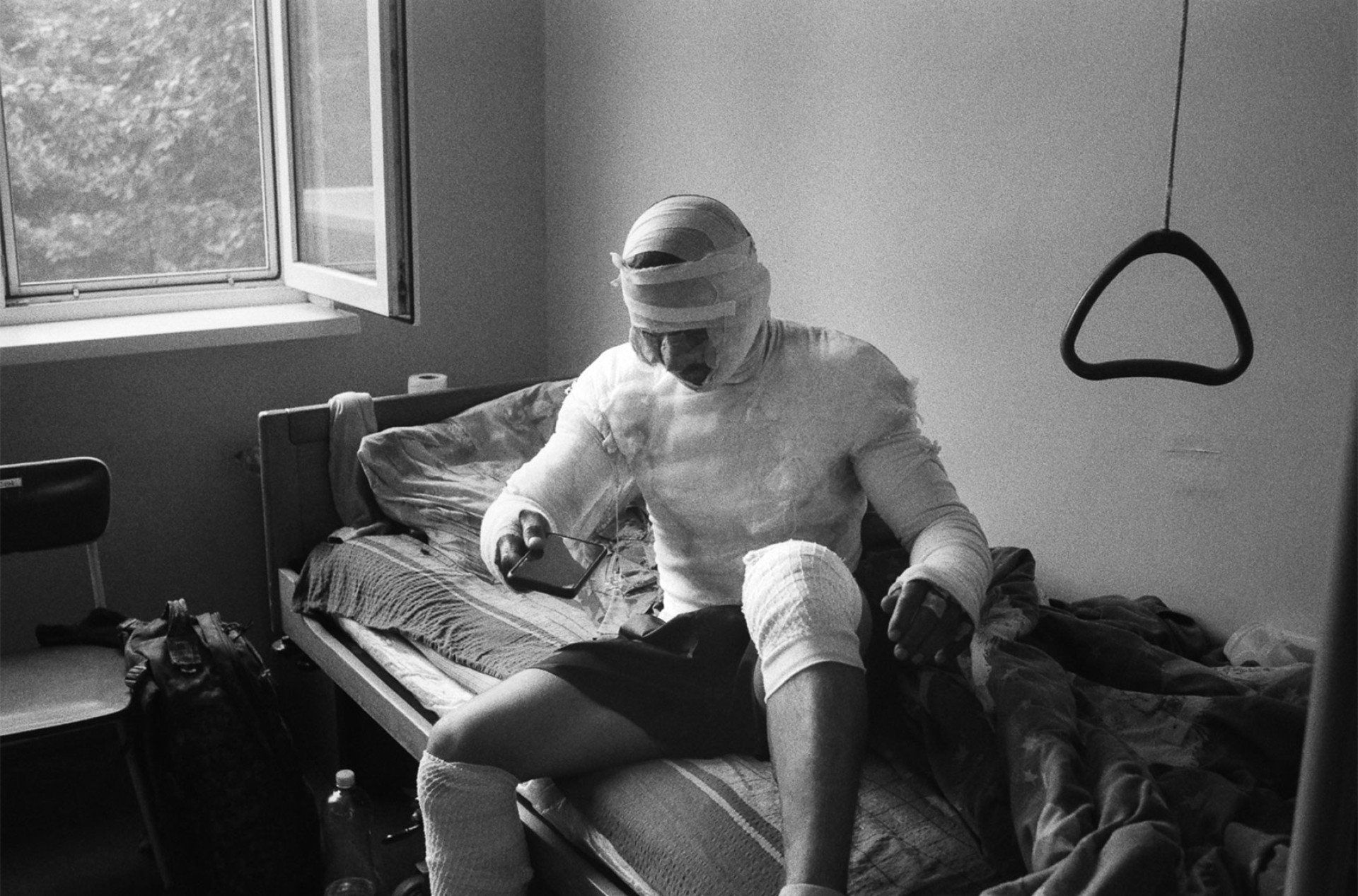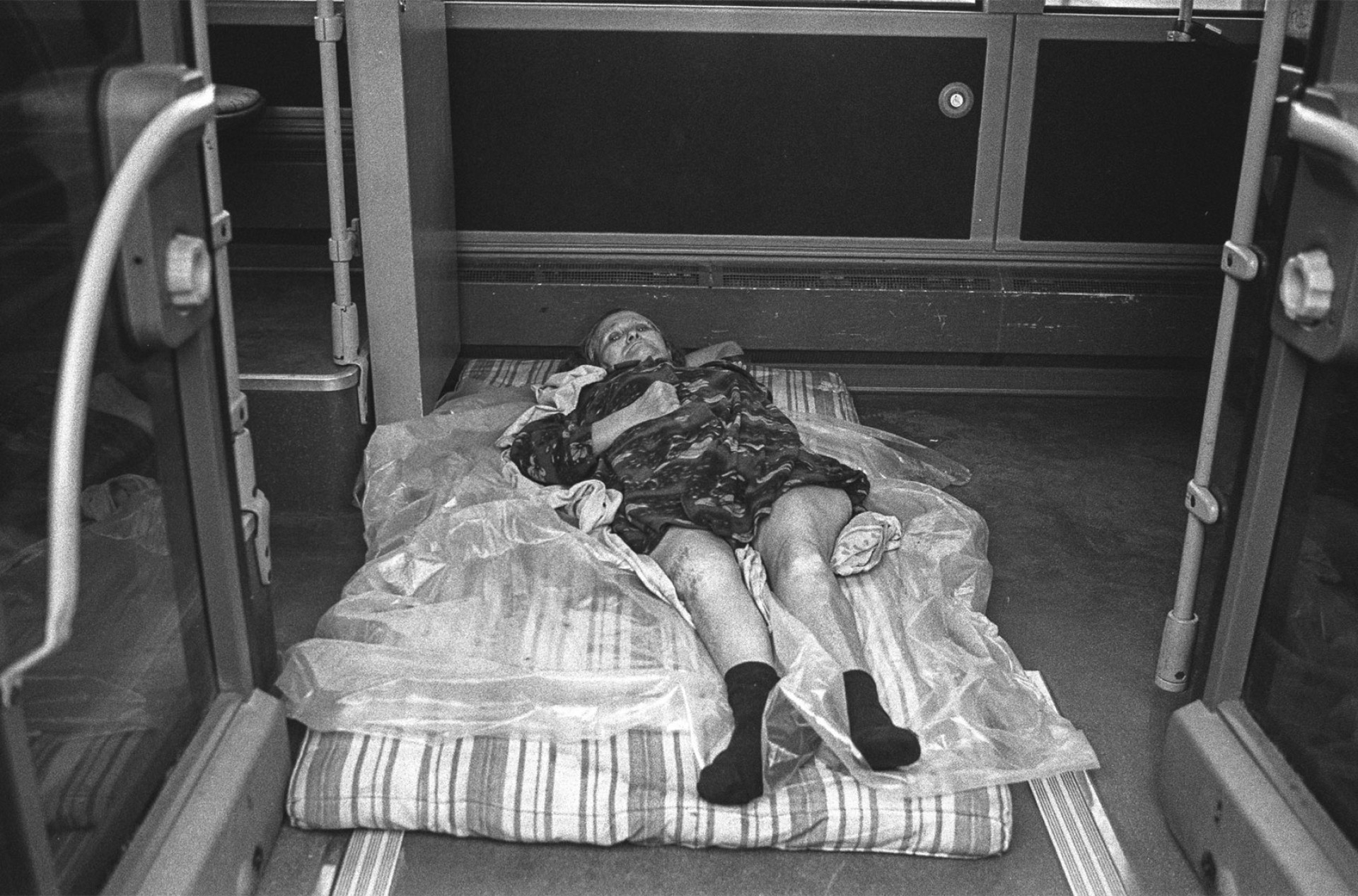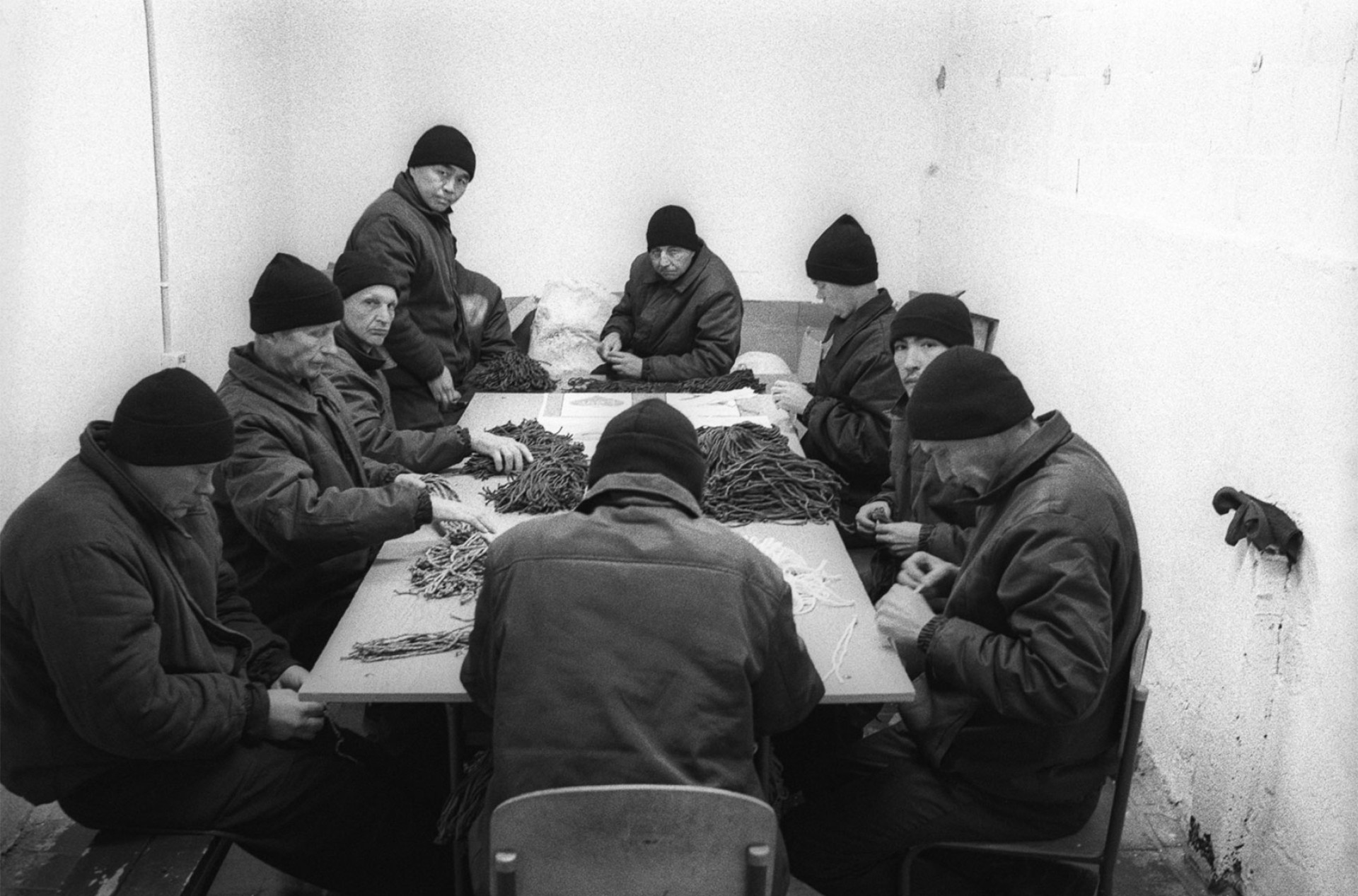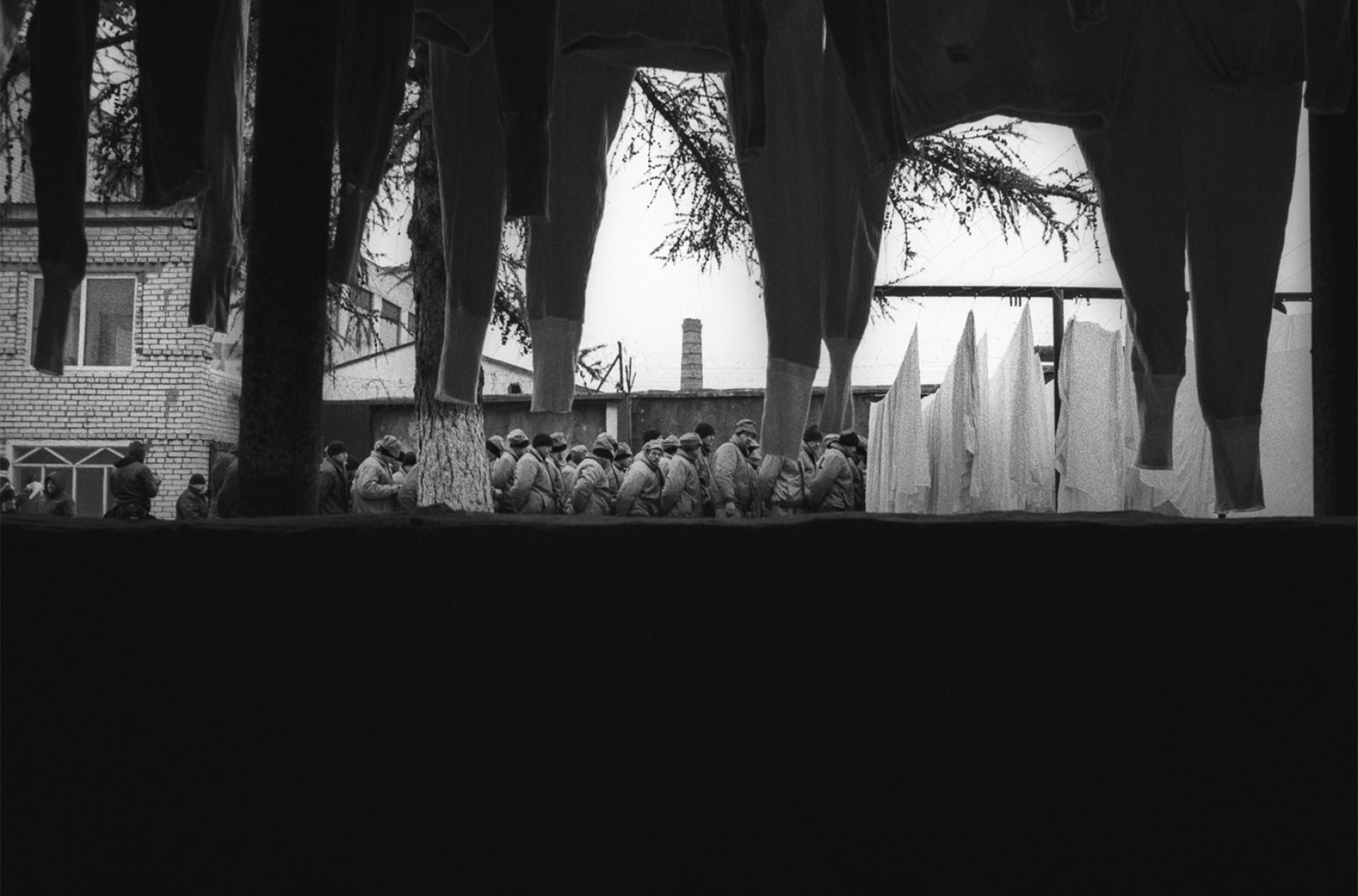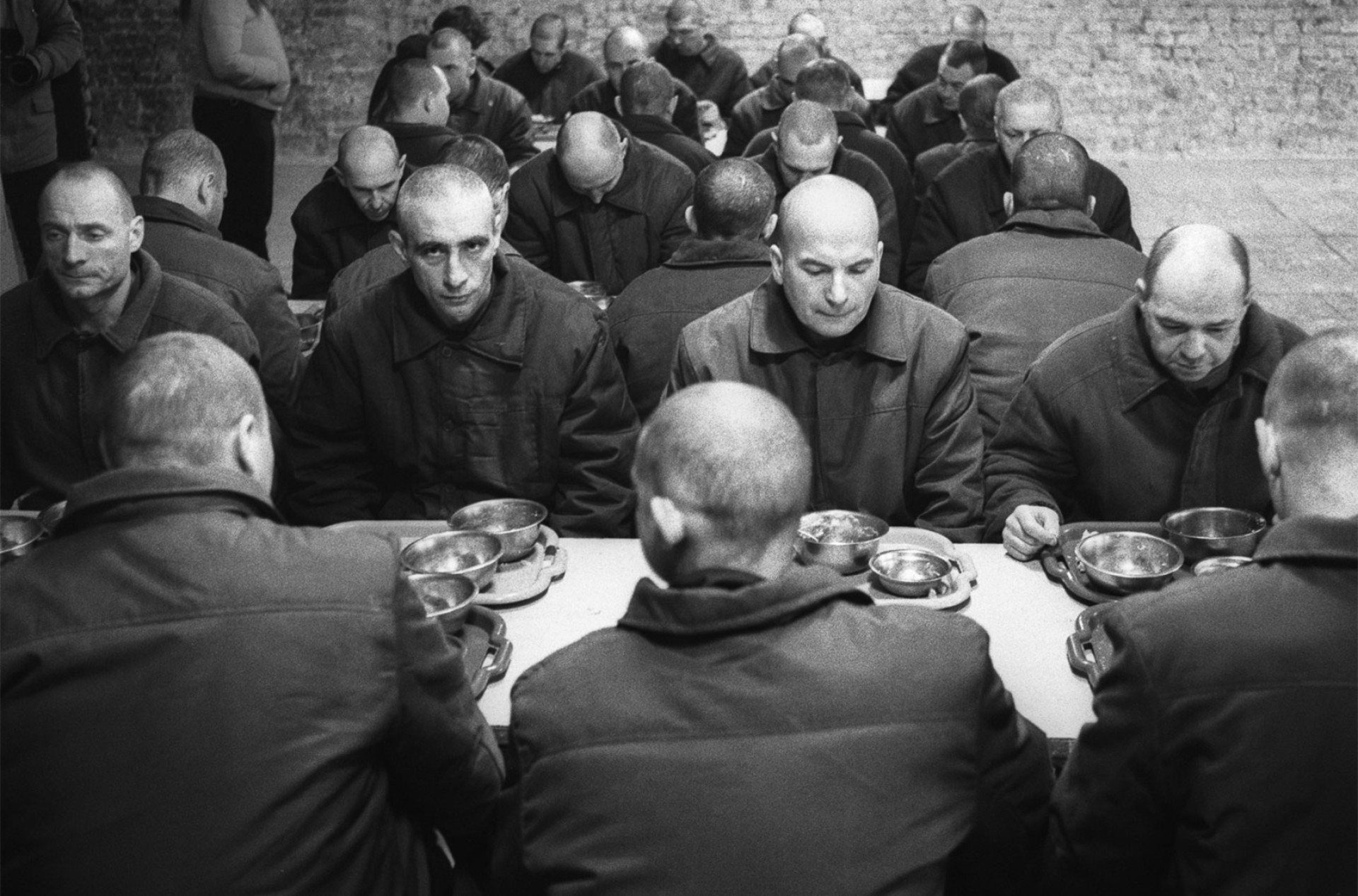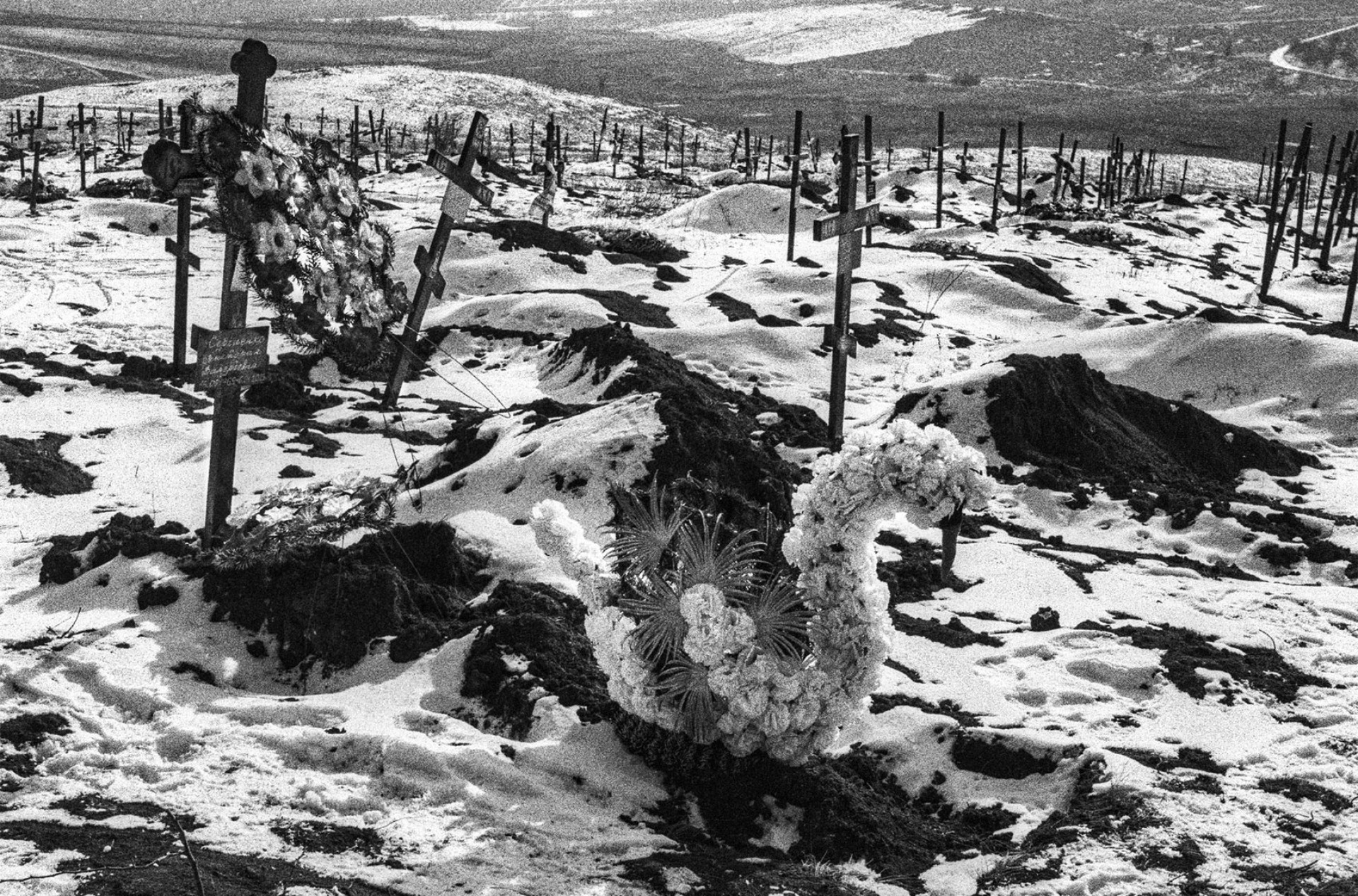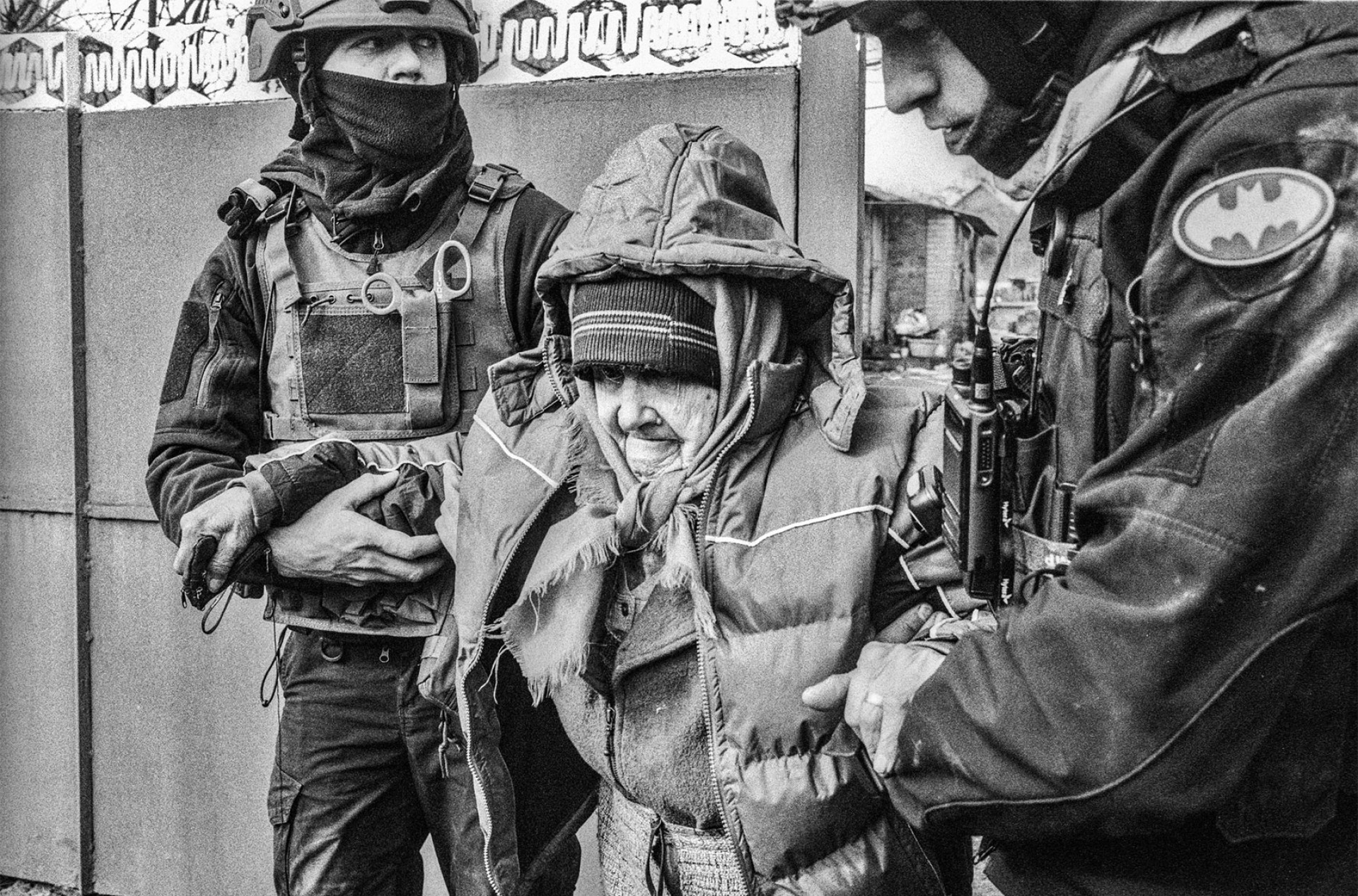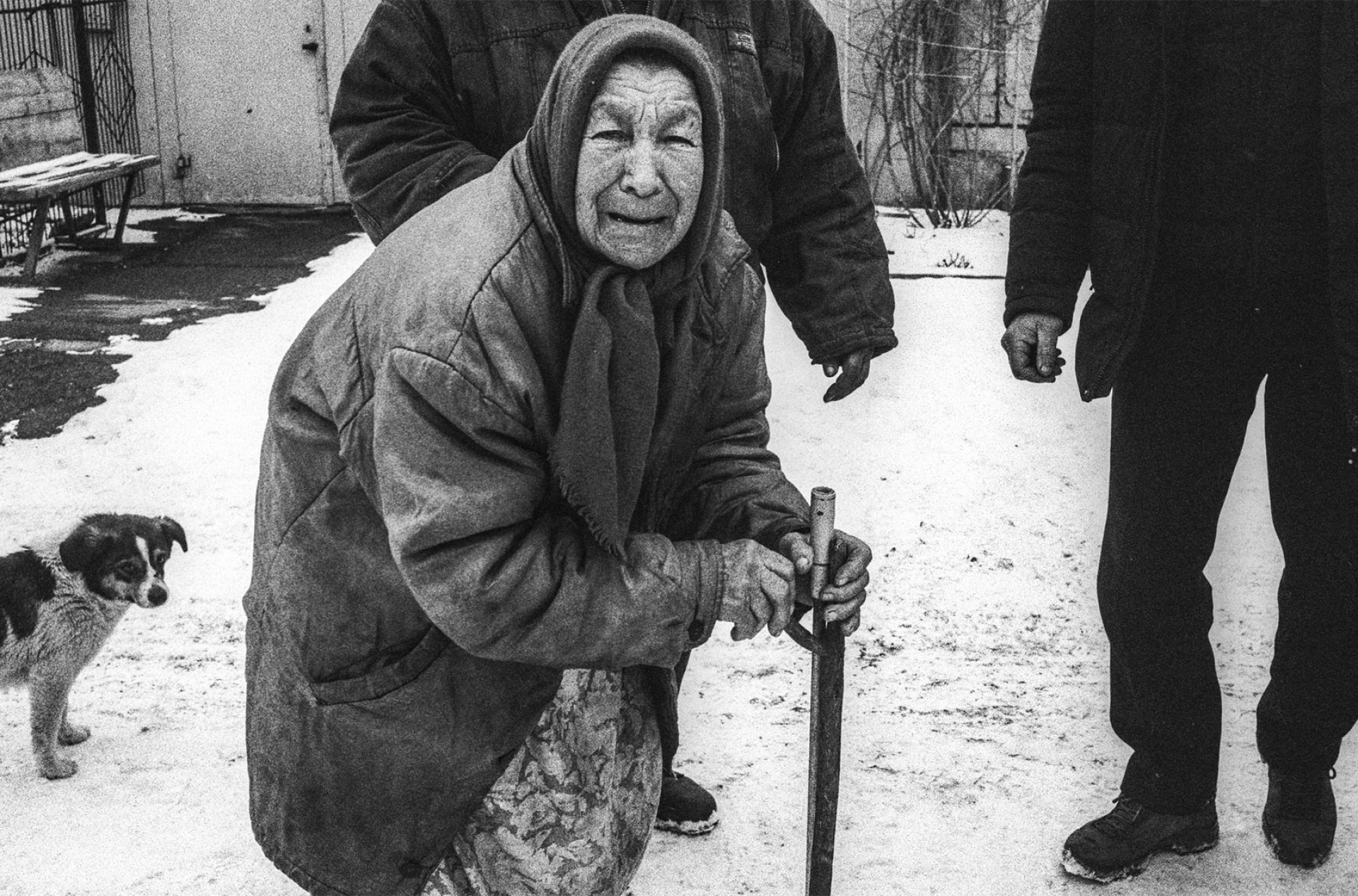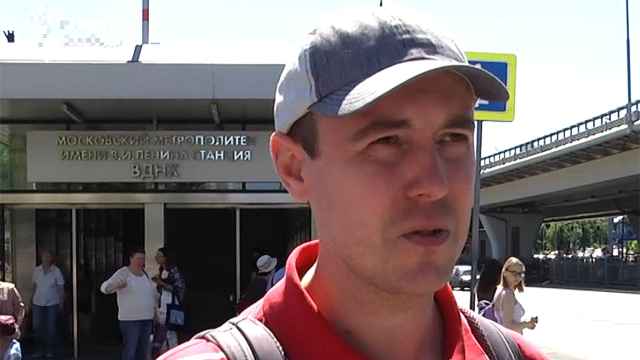For the past year and a half, Russian journalist and photographer Victoria Ivleva has been documenting the impacts of the war in Ukraine on the country’s people after she decided to move from Moscow to Kyiv.
“I had no other thoughts about where to go. I understood that I didn’t want to be with Russia at that moment,” Ivleva said in a video interview with The Moscow Times from the Ukrainian capital.
“I moved for one single purpose: I wanted to be with Ukraine. Since [Russia] is also acting on my behalf, and I’m against the deeds and acts of my country, I can at least do something and help,” Ivleva said.
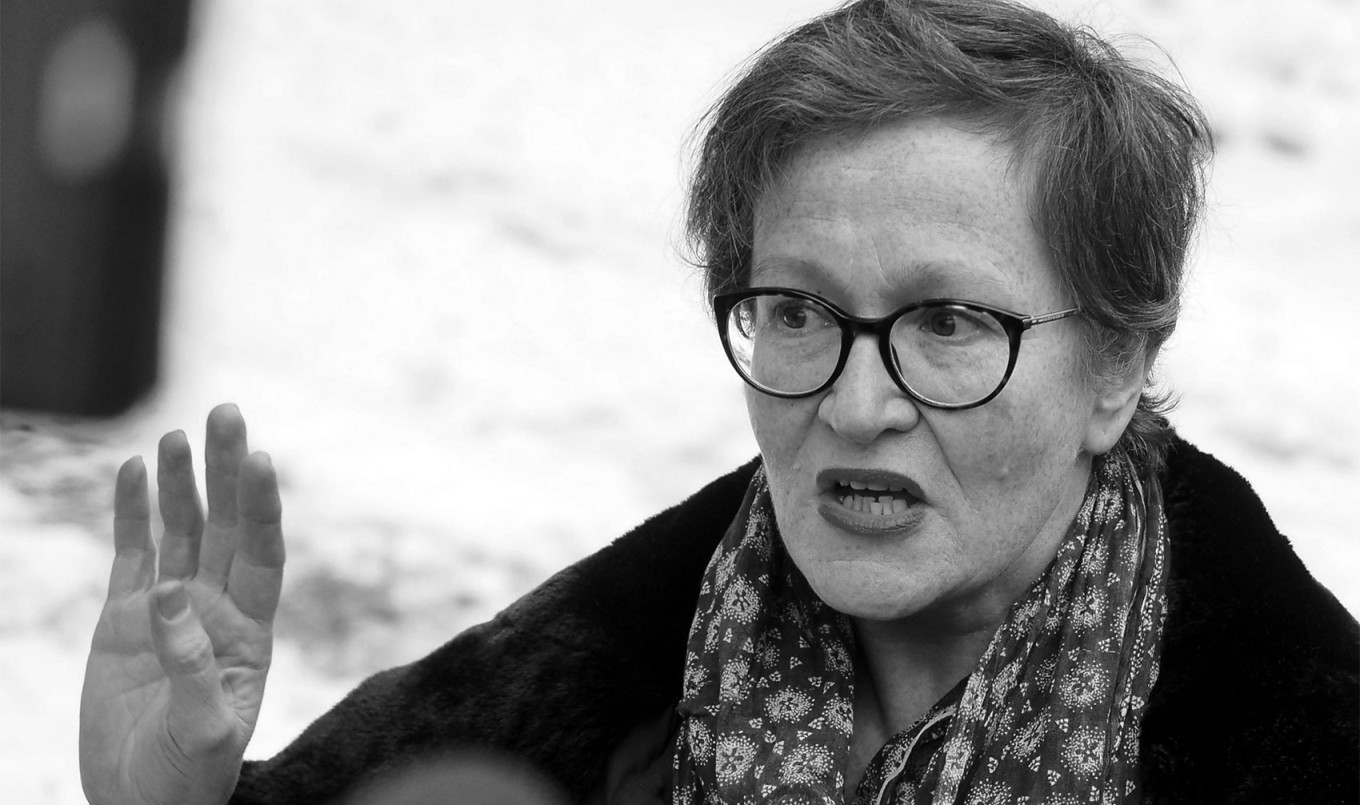
For Ivleva, who devoted her life to covering conflicts in the former Soviet republics, Africa and Afghanistan — and was the only photographer in the world to visit the inside of the fourth unit of the Chernobyl nuclear reactor in 1991 — the war in Ukraine has been the most difficult.
“This war is the closest to me emotionally, mentally, and in every other way," she said.
This interview has been edited for length and clarity.
MT: You have been staying in Ukraine since March 2022. Is it possible to get used to living under war?
VI: There's this constant feeling within you that's different from ordinary life. In our day-to-day activities, we understand that life is finite, but we don't dwell on it much because everyone knows that one day, one won't be in this world. However, here, from time to time, you recall that this could happen to you at any moment. Even if you are young and full of energy. At any time or any moment, you could be either injured or killed.
You can feel the sharp contrast when you leave Ukraine, when you cross the border and find yourself in another country that is not under shelling attacks. You cannot think about it constantly, but you always keep in mind that something could happen to you.
What motivated you to move?
The main motivation was not to leave Russia, but to be in Ukraine. I was not thinking about redemption, I was thinking about helping people somehow.
Do you think you could return to Russia someday?
Everything in the world is possible, however, it would be unlikely [for me] to return while [Russian President Vladimir] Putin remains in power. I live in the present. I also have the thought that that wonderful Russian culture ultimately failed to protect anyone and did not shield people from the atrocities committed by the invaders who entered Ukrainian territory.
Of course, there are people against the war. There are those who hesitate … who are against, but sit quietly because of the fear. Some people are still fearless. But we see how people are all being destroyed and expelled from the country. Or those people are being imprisoned.
Is it difficult to report on this war since you’ve said that war has been “the closest” to you personally?
Is it challenging for me to work? There's something that truly restrains me. I live with this constant feeling of guilt, which influences my behavior — I don't always act like an experienced journalist. If someone tells me I can't be somewhere, I tend to step back and not insist, contrary to what most journalists would do.
I am prepared for the possibility that any Ukrainian might approach me and express disdain, no matter all the efforts I've made. It has never happened, but I'm mentally prepared for it, and so I act without pressuring anyone, more often than not.
Sometimes, it's hard for me to assert my rights as a journalist and demand what I'm entitled to. However, it has never been challenging for me to work because I'm always involved in what I’m documenting. This empathy I have always helps me to remain connected and engaged. It's crucial to be open and warm towards people.
You were one of the few photographers who documented the lives of Russian prisoners who are being held in camps in Ukraine. What thoughts did you have about them?
I’m afraid they cannot reconsider what they have done. This is what the state is for — to direct people's thoughts in a particular direction, which, it must be said, the Russian state does brilliantly.
But all of the Russian state’s thoughts are directed towards evil. And, accordingly, all people’s thoughts are also directed towards evil. If they are constantly told that it is very good to ride a tank, especially on someone else’s side, and that this is how you protect your own, then they will go for a ride on a tank. And this is what’s happening, unfortunately.
Since the start of the interview, you’ve paused and answered a number of phone calls from people in need of assistance.
I perhaps could have done more. There's always something [to do] every day. It's either fundraising, transferring funds for various charities, aiding families wishing to depart from the occupied territories via Russia, organizing and guiding them.
I'm aware that I'm not alone in this; there's a massive collective effort involved. It's about assisting someone in finding medical care, helping secure housing, or even finding a lost pet. All this has become a part of my everyday life.
A Message from The Moscow Times:
Dear readers,
We are facing unprecedented challenges. Russia's Prosecutor General's Office has designated The Moscow Times as an "undesirable" organization, criminalizing our work and putting our staff at risk of prosecution. This follows our earlier unjust labeling as a "foreign agent."
These actions are direct attempts to silence independent journalism in Russia. The authorities claim our work "discredits the decisions of the Russian leadership." We see things differently: we strive to provide accurate, unbiased reporting on Russia.
We, the journalists of The Moscow Times, refuse to be silenced. But to continue our work, we need your help.
Your support, no matter how small, makes a world of difference. If you can, please support us monthly starting from just $2. It's quick to set up, and every contribution makes a significant impact.
By supporting The Moscow Times, you're defending open, independent journalism in the face of repression. Thank you for standing with us.
Remind me later.



